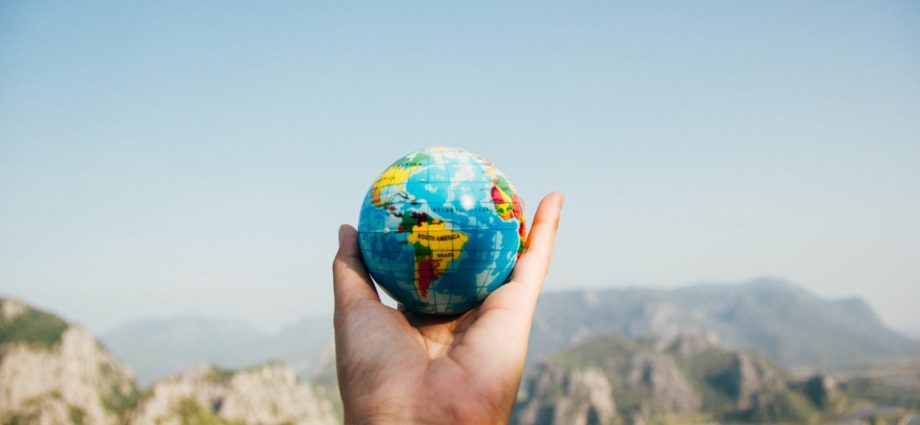
It is high time we recognised the inter-connectedness of our planet and our people – we are not separate from it or each other.
The 26th United Nations Climate Change Conference COP26 takes place in Glasgow in November. Many believe this is the last opportunity to mitigate disaster. The urgency of change needed now is Code Red.
The planet is in crisis. We need immediate change to food and energy production, distribution and consumption, and a just transition to climate jobs, protecting the workforce as it upskills and transforms. And of plastics and aerosols, we just want rid.
Communication technologies bringing increased connectivity have simultaneously reduced our connections to our communities and the natural world; broadening access and narrowing understanding. We have lost sight of knowing how much we can take and how much we need to put back. We take from the land, we take from the seas and we take from each other. Without care. We consume.
“A story matrix connects all of us. There are rules, processes, and circles of responsibility in this world. And the story begins exactly where it is supposed to begin. We cannot skip any part.”
(Joy Harjo, United States Poet Laureate)
To reconnect to the natural world we need curricula to include natural history, sustainability and community underpinned by values of equality, integrity and shared responsibility. If our young people know and understand their environment they will more likely care for it and be equipped to take care of it, together.
This month education trade unions with campaign organisations launched a set of climate change teaching resources on topics including psychology, health, careers, renewables and more. They are free to download and to share.
Care and responsibility extends to learning past the compulsory school years. Education must be available to everybody, throughout their lives and regardless of age and circumstance. Adults need to be able to upskill and retrain for changing industries as well as to learn to give to and receive from our environment.
Education is the best way to challenge racism and discrimination too. With more and more people likely to face forced exodus from the Global South as a result of climate-related events, we cannot and must not be distracted by ethnic and national identities when we have fellow human beings at risk of becoming climate refugees. A refugee is a human being, no matter who they are or where they are.
People who have been shown how to care and experience care, are far more likely to give care. Charles Darwin discovered more than 150 years ago that compassion (he called it sympathy) was a key survival trait in the living world, necessary for evolution and survival. We survive by helping, by caring for each other and our environment.
We have one planet and we are one people.
To learn to look after the land, the seas, the air and each other is to secure a future for our planet, ourselves and our children.
To get involved in COP26 North East email cop26northeast@gmail.com Facebook COP26 North East England Twitter @cop26a
Climate Change Lesson Resources can be found here
This article was first published in Counterfire
Please follow us on social media, subscribe to our newsletter, and/or support us with a regular donation


